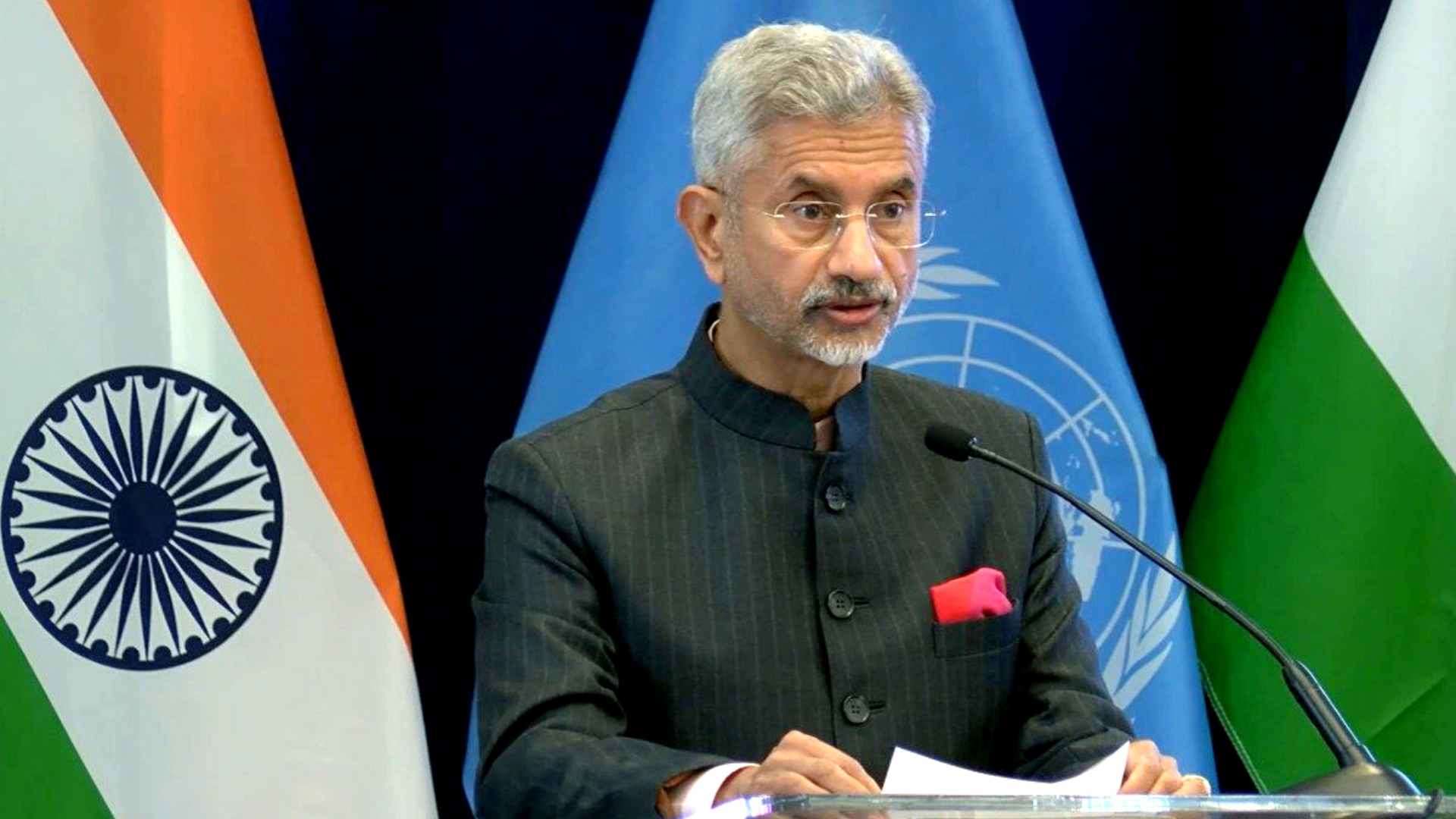On Saturday, External Affairs Minister S. Jaishankar highlighted that the collaboration between India, the US, Australia, and Japan within the Quad group exemplifies the development of a multipolar order and promotes a post-Cold War approach, counteracting ‘spheres of influence’. The Quadrilateral Security Dialogue (QSD), often referred to as the Quad, is a strategic security dialogue comprising talks between Australia, India, Japan, and the United States, aimed at enhancing cooperation among member nations.
“I believe it (Quad) has five messages. One, it reflects the growth of a multipolar order. Two, it is post-Alliance and post-Cold War thinking. Three, it is against spheres of influence. Four, It expresses the democratizing of the global space and a collaborative, not unilateral approach. And five, it is a statement that in this day and age, others cannot have a veto on our choices,” EAM Jaishankar said on the closing day of the Raisina Dialogue in the national capital on Saturday.
Jaishankar spoke at the ‘Quad Think Tank Forum’ session during the Raisina Dialogue. The session primarily centered around the Quad and the concept of a free and open Indo-Pacific.
Highlighting the significance of Quad grouping in Indo-Pacific at the session, the EAM said, “Now, this in turn would elicit the question, why the Indo-Pacific? And the answer, I think, by now is very clear. The post-1945 division of what till then was perceived to be a cohesive threat resulted in our contemplating the Indian Ocean and the Pacific one as two separate entities. This separation was an outcome of American strategic priorities in 1945.”
Referring to the Quad’s past and activities, he emphasized how they bolstered the collaboration among the four nations to address a variety of issues.
“The origins of the Quad go back to the tsunami response. This was an event which happened in late December 2004. I happen to be the coordinator for that response on the Indian side. In 2006, the actual idea of a Quad was put forward by the then Japanese Prime Minister Shinzo Abe. But as I said earlier, it unraveled within a year, and in fact Abe himself had left office at that time,” Jaishankar said.
“In 2017, after a full decade, Quad was resumed, first at the Foreign Secretary’s level, and then was upgraded in 2019 to the ministerial one. Coincidentally, I happen to be occupying both positions at that particular juncture. In 2021, we, all four of us, upgraded it to the summit level and it has flourished since. And it’s been my privilege to have participated in all the meetings that have taken place since then,” he added.
The prevailing sentiment during the session emphasized that the coalition should serve the interests of all regional countries, alleviating concerns about the Quad being perceived as an exclusive alliance among its four members. This session will also feature discussions on the state of recent efforts to expand the grouping’s outreach to other like-minded countries.
Before EAM Jaishankar, US Deputy Secretary of State, Kurt M. Campbell, addressed the session on behalf of Secretary of State Antony Blinken, saying, “The strength of the Quad is its ability to harness the resources and capabilities of our four nations (US, India, Australia, Japan) to deliver concrete outcomes that benefit us all. In 2024, it has enabled us to promote that common good for the people across the IndoPacific.”
“I want to emphasise the defining feature of our partnership – the Quad stands for our affirmative vision of a Free and Open Indo-Pacific (FOIP), in which we collectively build the capacity of our allies and partners. The Quad is not about forcing the region to choose between strategic competitors. It is about preserving and creating options so that communities, institutions and countries can make decisions to benefit their people,” he added.
Australian FM Penny Wong, who addressed the session virtually, stressed the positive impact of Quad in the Indo-Pacific, saying, “We’ve maintained strong momentum in offering but never imposing transparent valued public goods. that responded to priorities.”
“I described the quad is a lighthouse, which brings together our countries to illuminate a positive vision for the Indo-Pacific,” she added.
The Raisina Dialogue serves as India’s premier conference on geopolitics and geoeconomics, dedicated to tackling the most pressing issues confronting the global community.
Greek Prime Minister Kyriakos Mitsotakis was honored as the chief guest and keynote speaker at the 9th edition of the ongoing Raisina Dialogue. He commenced the dialogue alongside Prime Minister Narendra Modi on February 21.




